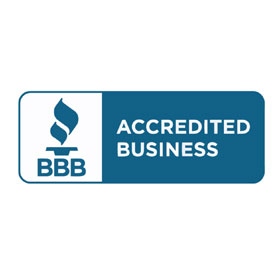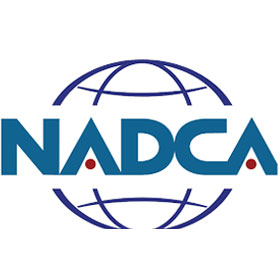How To ID Damage To Your A/C After The Storm
Here in the Tampa Bay Area, we all know by now, storms and hurricanes can wreak havoc on most everything.
Identifying damage to your A/C unit(s) may not be immediately visible, but is crucial to prevent further issues. We want to help you ensure your AC is functioning properly.
Here's a guide to help you assess the damage:
- Outdoor equipment inspection Obviously, the first place you should look for damage is the outdoor unit, as it’s the most exposed part of the entire system.
- Check for any visible damage, such as dents, cracks, or loose parts.
- Inspect the condenser coils: Look for signs of debris, dirt, or damage.
- Check the electrical connections: Ensure all wires are secure and undamaged. The most common types of damage you will find with the exterior unit are compressor issues caused by water damage. During a hurricane, the unit will be placed under duress from the wind and rain. This may cause a short-circuit later on, especially if it’s not taken care of right away. Additionally, you should also check for mud and dirt buildup on the fan blades and clean it to reduce friction and drag, which can cause a cumulative problem to the motor.
- Indoor equipment inspection: The indoor air handler may have been damaged be saltwater intrusion. If you had roof damage, water blew in and likely infiltrated your duct work and air handler.
- Check for signs of mold growths : While a vertically mounted furnace may not be as susceptible to damage. However, that doesn’t mean that it’s impervious to environmental damage. This is because most of the unit is hung on the ceiling. This means that the unit is safe from flooding. However, since it’s more difficult to clean, it may be more prone to mold growths, which can lead to poor air quality. You will need to check for these signs of contamination and clean it before it becomes worse.
Functional Assessment
- Turn on the unit: If the AC powers on but doesn't produce cool air, there might be a problem.
- Listen for unusual noises: Strange sounds like rattling, grinding, or hissing could indicate damage.
- Check for leaks: Look for water leaks around the unit or inside your home.
What to Do If You Suspect Damage
- Turn off the power: Disconnect the power to the unit to prevent further damage.
- Document the damage: Take photos of any visible damage to your AC unit.
- Contact your insurance company: If you have homeowners insurance, file a claim as soon as possible.
- Call a professional HVAC technician: A qualified technician can assess the damage and provide a repair estimate.
Remember: Attempting to repair your AC unit yourself can be dangerous and may lead to further damage.
It's always best to consult with a professional. Right now, Air Masters of Tampa Bay is offering hurricane victims a FREE A/C analysis. Be sure to take advantage of this as we want to ensure you are protected and well taken care of by only the best techs in the Tampa Bay area.






